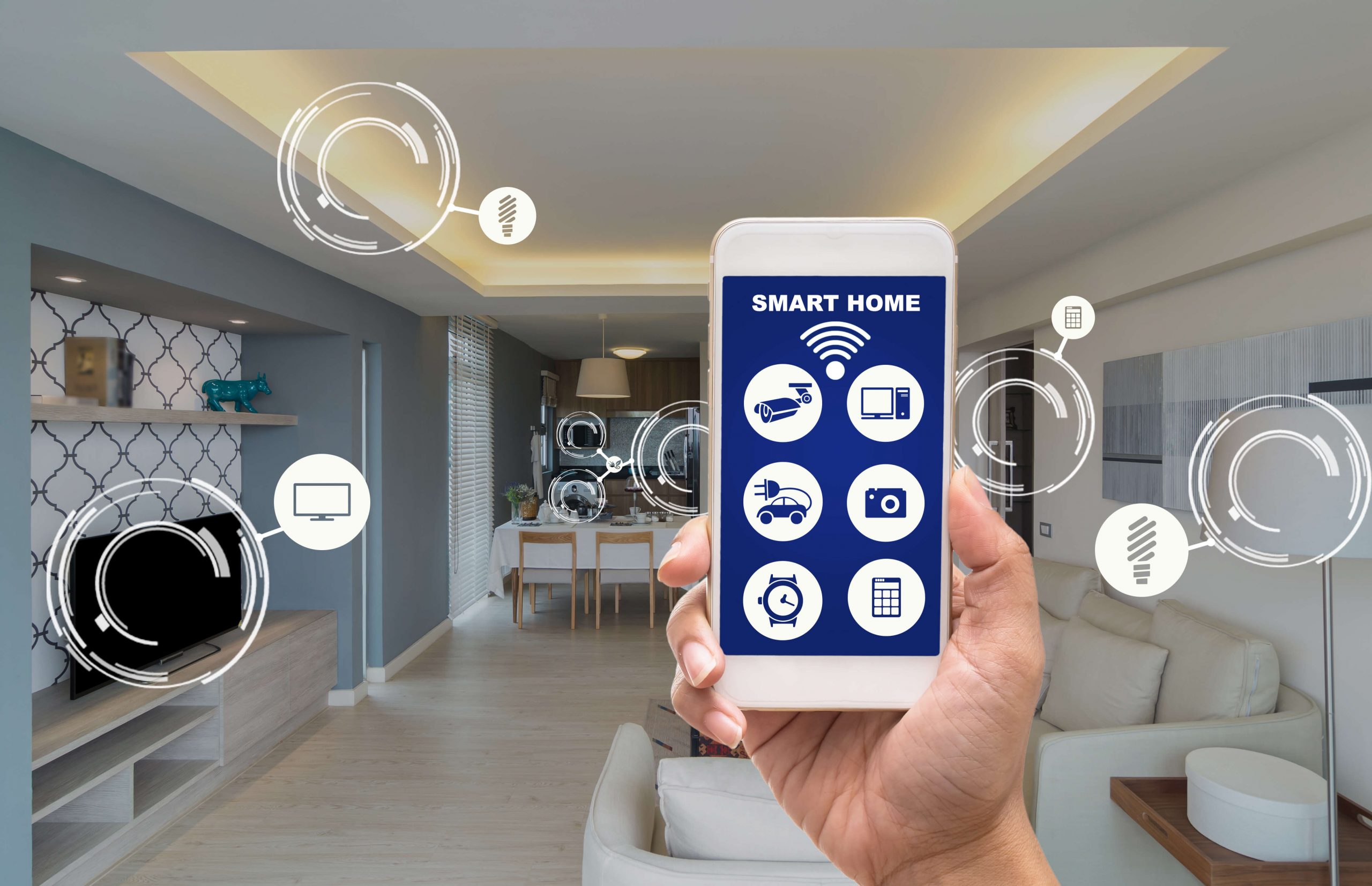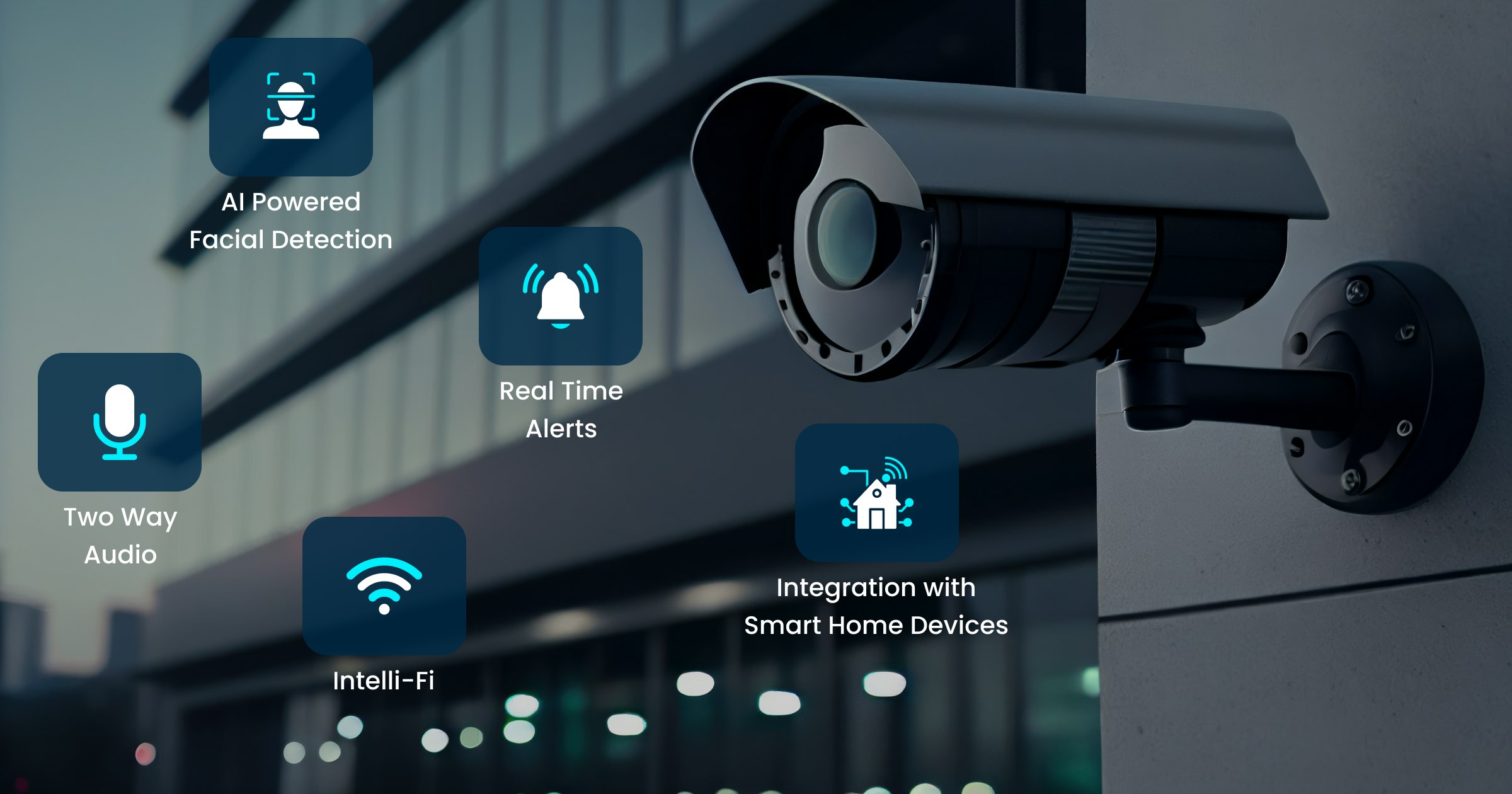Introduction to Smart Security
Smart security refers to the use of advanced Technology to protect homes and businesses from potential threats. With the rise of smart devices and the Internet of Things (IoT), security systems have become more sophisticated and integrated than ever before. From smart cameras to smart locks, these devices offer enhanced convenience and peace of mind for homeowners and businesses alike.
One of the key benefits of smart security systems is their ability to be controlled remotely, either through a smartphone app or a web portal. This means that users can monitor their property in real-time, receive alerts when there is suspicious activity, and even control access to their home or business from anywhere in the world. This level of connectivity and convenience has revolutionized the way we think about security.
In addition to being able to monitor and control their security systems remotely, users can also integrate smart security devices with other smart home technologies. For example, smart cameras can be linked to smart lights to create a more comprehensive security system that not only records suspicious activity but also deters potential intruders. This level of integration allows users to create a fully customized security solution that meets their unique needs.

Benefits of Smart Security
There are numerous benefits to investing in a smart security system for your home or business. One of the most obvious benefits is the increased level of security and peace of mind that these systems provide. With real-time monitoring and alerts, users can rest easy knowing that their property is protected around the clock.
Another key benefit of smart security systems is their ability to deter potential threats. Many studies have shown that visible security cameras and other smart devices can act as a powerful deterrent to criminals, significantly reducing the likelihood of a break-in or other security breach. This added layer of protection can help homeowners and businesses avoid costly losses and damage.

Additionally, smart security systems can also help users save money on their insurance premiums. Many insurance companies offer discounts to customers who have installed advanced security systems in their homes or businesses, as they are seen as a lower risk. By investing in smart security, users can not only protect their property but also save money in the long run.
Types of Smart Security Devices
There are a wide variety of smart security devices available on the market today, each with its own unique features and benefits. Some of the most popular types of smart security devices include:

1. Smart cameras: Smart cameras are one of the most common types of smart security devices and are used to monitor and record activity in and around the home or business. These cameras can be set up to send alerts to users’ smartphones when they detect motion or other suspicious activity.
2. Smart locks: Smart locks allow users to control access to their home or business remotely, either through a smartphone app or a web portal. Users can grant access to family members, friends, or service providers with the touch of a button, eliminating the need for physical keys.
3. Smart sensors: Smart sensors can be placed throughout the home or business to detect changes in temperature, humidity, and even air quality. These sensors can send alerts to users’ smartphones if they detect any abnormalities, allowing them to take action before a potential threat escalates.
Integration of Smart Security Systems
One of the key advantages of smart security systems is their ability to integrate with other smart home technologies. By connecting smart security devices to other smart devices in the home, users can create a fully customized and comprehensive security solution that meets their unique needs.
For example, smart cameras can be integrated with smart lights to create a more effective security system. When the cameras detect motion or other suspicious activity, they can trigger the smart lights to turn on, creating the appearance that someone is home. This can help deter potential intruders and keep the property safe.
Similarly, smart locks can be integrated with smart doorbells to create a seamless access control system. When someone rings the doorbell, users can see who is at the door through the camera on the doorbell and even grant them access to the home or business remotely. This level of integration not only enhances security but also adds convenience for users.
Security and Privacy Concerns with Smart Security
While smart security systems offer numerous benefits, they also come with their own set of security and privacy concerns. One of the biggest concerns is the potential for hackers to gain access to these devices and compromise the security of the home or business. To mitigate this risk, users should ensure that their smart security devices are properly secured with strong passwords and regularly updated firmware.
Another concern is the collection and storage of personal data by these devices. Smart security cameras, for example, may record and store footage of individuals without their consent, raising privacy issues. Users should be aware of the data being collected by their smart security devices and take steps to protect their privacy, such as disabling recording when not needed.
Overall, while smart security systems offer many benefits, it is important for users to be aware of these security and privacy concerns and take steps to mitigate them.
Choosing the Right Smart Security System
When it comes to choosing a smart security system for your home or business, there are several factors to consider. One of the most important factors is the level of integration and compatibility with other smart home devices. Look for a system that can easily connect with other devices in your home to create a seamless and comprehensive security solution.
Another factor to consider is the quality and reliability of the devices themselves. Look for devices from reputable manufacturers with a track record of producing high-quality products. Additionally, consider whether the devices are easy to install and use, as this can save you time and frustration in the long run.
Finally, consider the cost of the system and whether it fits within your budget. While smart security systems can be a significant investment, the added peace of mind and security they provide may be well worth the cost in the long run.
Future Trends in Smart Security
As technology continues to advance, the future of smart security looks promising. One of the key trends in smart security is the integration of artificial intelligence (AI) and machine learning algorithms into security systems. These technologies can help devices better detect and respond to potential threats, making security systems even more effective.
Another trend is the increasing use of biometric authentication in smart security devices. Biometric sensors, such as fingerprint scanners or facial recognition technology, can provide an added layer of security by ensuring that only authorized individuals have access to the property. This can help prevent unauthorized access and enhance overall security.
Additionally, the rise of 5G technology is expected to revolutionize smart security systems by enabling faster and more reliable connectivity. With 5G, smart security devices can communicate with each other and with the cloud more efficiently, allowing for real-time monitoring and response to potential threats.
Conclusion
In conclusion, smart security systems offer numerous benefits for homeowners and businesses looking to protect their property and assets. From real-time monitoring and remote access control to integration with other smart home technologies, these systems provide a comprehensive and customizable security solution. However, it is important for users to be aware of the security and privacy concerns associated with smart security devices and take steps to mitigate these risks. By choosing the right system and staying informed about future trends in smart security, users can enjoy peace of mind knowing that their property is well-protected.